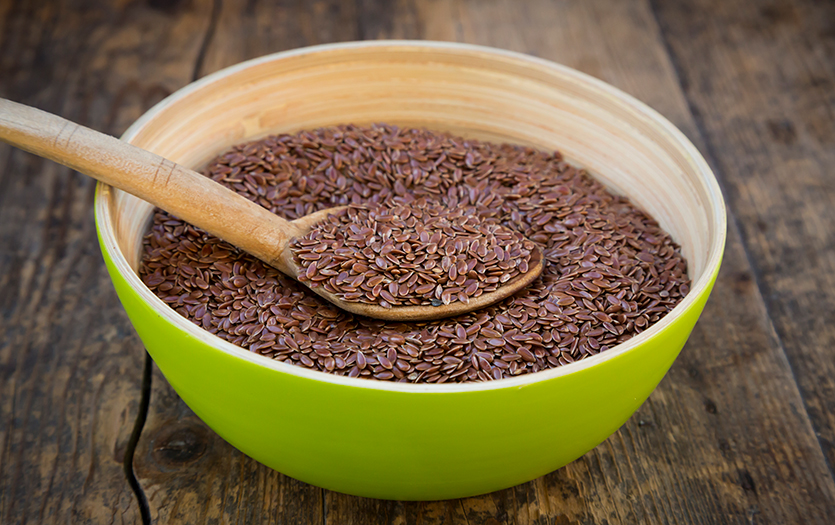
When it comes to nutrition, nothing brings more acclaim than the designation of “superfood”. In recent years, apple cider vinegar (ACV) has been touted as a cure all for what ails you and warrior on the frontlines of prevention. We asked Rachel Beining, RDN, CD, to share her thoughts on this potentially powerful kitchen staple.
The benefits
ACV has proven health benefits, including the ability to reduce cholesterol and lipid levels, prevent heart disease and reduce blood pressure. It possesses antioxidant properties, enzyme inhibitors, inhibitors of gene expression, antidiabetic effects and antimicrobial properties. The main effects and most researched benefits appear to be antitumor, anti-obesity, anti-lipidemic, and antidiabetic. In fact, vinegar can decrease blood glucose after high-carbohydrate meals, increase insulin response and increase satiety.
ACV acts mainly as an antioxidant, similar to those found in fruits, vegetables and legumes. Inflammation has been identified as the driving force behind chronic diseases, and antioxidants have been proven effective in the management and prevention of chronic disease.
Consumer guide
Simply put, it appears organic ACV is the best form, as it contains the “mother” or bacterium found in probiotics. Filtered ACV will not contain this and therefore will lose some of the benefits.
While 1-2 tablespoons ACV diluted in 4-8 ounces of water is the recommended form of ingestion, small amounts from food are beneficial as well. Vinegars are found in the food production of ketchup, mustard, mayonnaise and sauces. Keep in mind, if these foods aren’t included in your daily diet, it might be best to follow the recommended consumption to ensure you get a full dose.
While many people choose to “shoot” their ACV straight, it’s not recommended. Opt for a diluted option instead.
Potential risks
ACV is high acidic. Straight ACV could damage tooth enamel or the tissues of the mouth and throat. Long term ingestion of excessive amounts (>1-2 tablespoons in an 8-ounce glass of water) of even diluted ACV can cause low potassium levels and lower bone density. It has also been thought that ACV may interact negatively with antidiabetic medications, digoxin, diuretic drugs and insulin. Talk to your physician so they can monitor blood glucose and potassium levels closely and adjust medications as necessary.
An important note
It’s important to note that, while some does exist, there is very little medical evidence to support the health benefit claims of ACV. The research that is available utilized small, short-term trials or animal studies. However, aside from the potential risks listed above, ACV consumption comes with minimal risk. If you find it benefits you, it can be part of a well-rounded wellness regimen.
Sources
Does apple cider vinegar have any proven health benefits? (2018). Harvard Health Publishing



